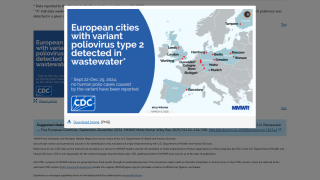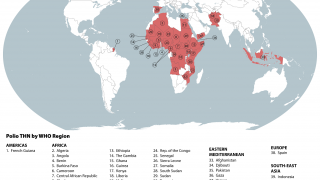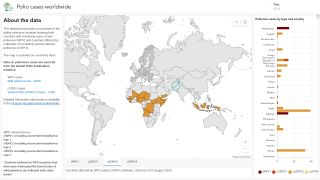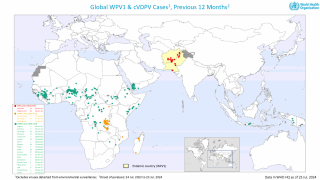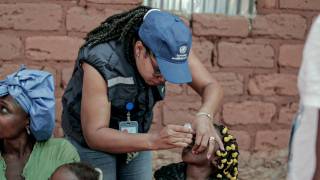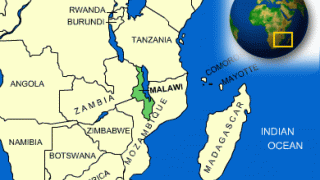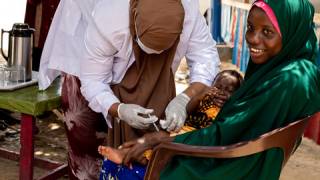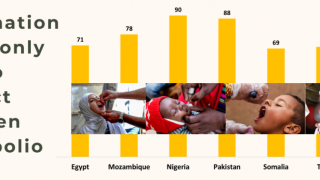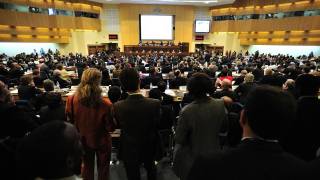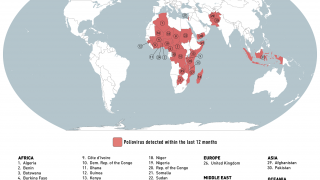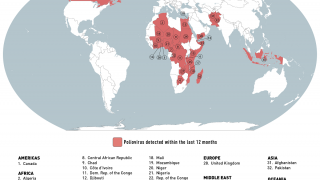Polio Remains Public Health Emergency
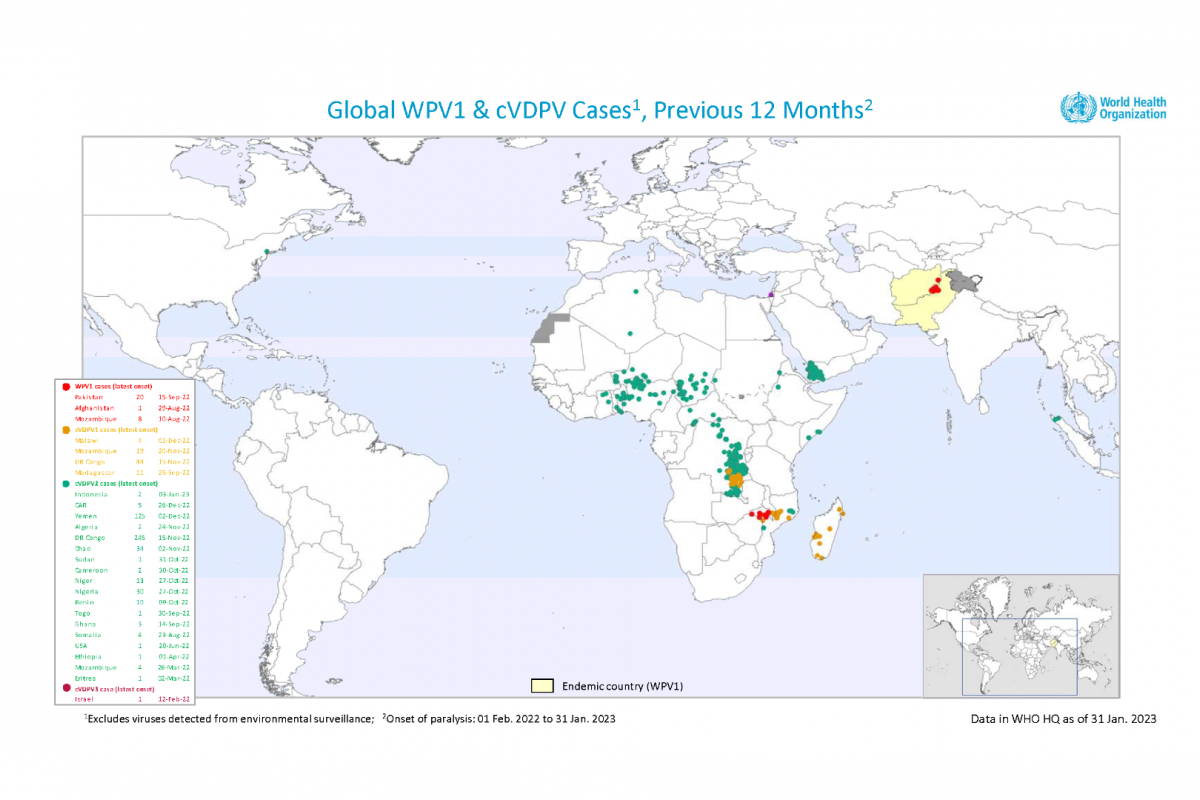
The World Health Organization (WHO) recently reaffirmed the spreading of poliovirus, and recent polio cases remain a public health emergency of international concern (PHEIC).
The WHO's Emergency Committee reviewed the data on wild poliovirus (WPV1) and circulating vaccine-derived polioviruses (cVDPV) in the context of the global target of eradicating WPV and cessation of outbreaks of cVDPV2 by the end of 2023.
Technical updates were received about the situation in the following countries: Afghanistan, Botswana, Canada, the Democratic Republic of the Congo, Indonesia, Madagascar, Nigeria, Pakistan, Sudan, and Zambia.
Although encouraged by the reported progress, the Committee unanimously agreed that the risk of the international spread of poliovirus remains a PHEIC and recommended the extension of Temporary Recommendations for a further three months into mid-2023.
The WHO Director-General endorsed the Committee's recommendations on February 1, 2023.
In the U.S., the Centers for Disease Control and Prevention (CDC) is leading the wastewater review for the continued spreading of poliovirus in New York, Michigan, and Pennsylvania in 2023.
The CDC stated in a Level 2 Travel Advisory posted on January 3, 2023, before traveling to any polio-risk destination, adults who previously completed the entire routine polio vaccine series receive a single, lifetime booster dose of polio vaccine.
Polio is a vaccine-preventable disease, says the CDC.
As a result, most clinics and pharmacies in the U.S. offer polio vaccination services in 2023.
Our Trust Standards: Medical Advisory Committee
